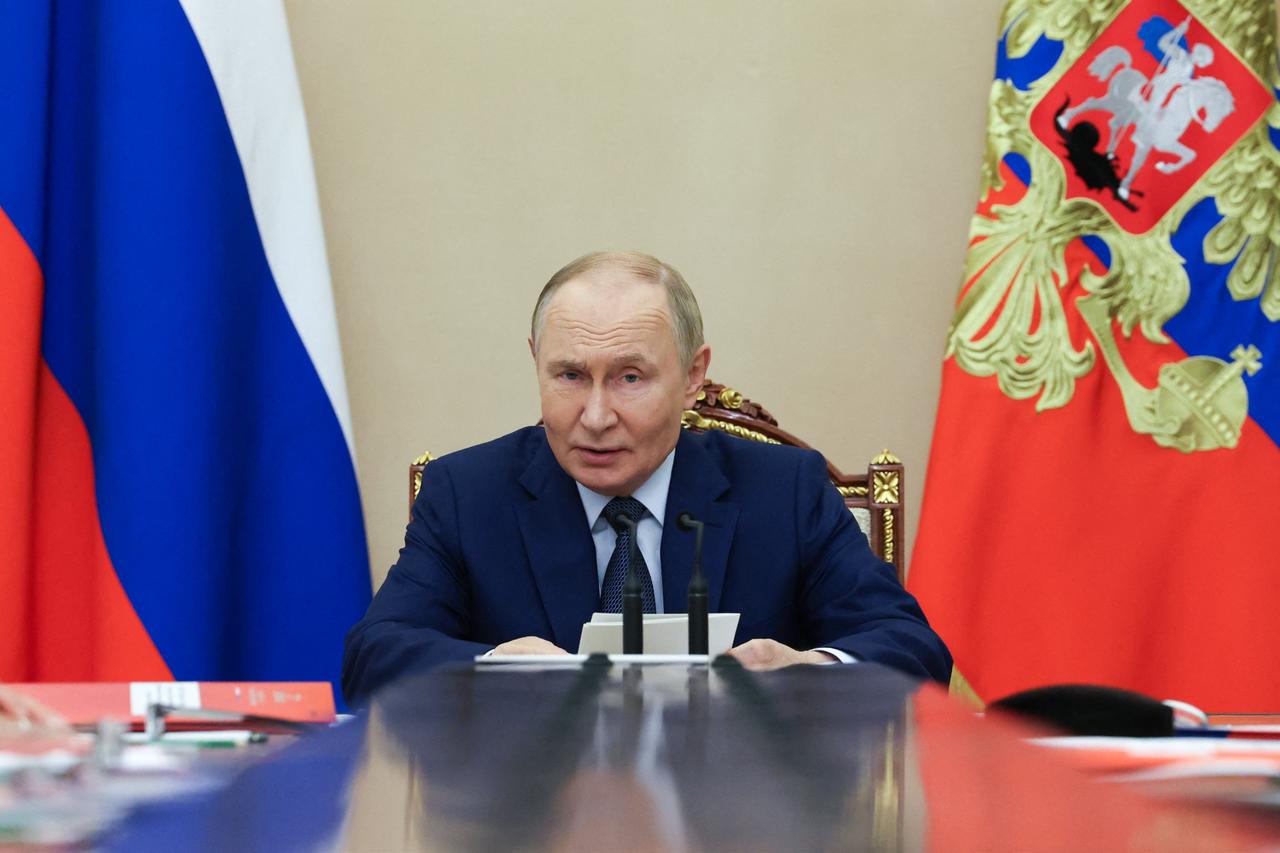
Russian President Vladimir Putin said Monday that Moscow is ready to adhere to the central quantitative restrictions of the New START nuclear arms treaty for one year after its expiration in early 2026, provided Washington does the same.
Speaking at a meeting of Russia’s Security Council, Putin noted the New START Treaty will expire on Feb. 5, 2026, calling it the “imminent demise of the last international agreement directly limiting nuclear missile capabilities.”
He said rejecting the 2010 accord outright would be “wrong and short-sighted” and would undermine the broader goals of the Treaty on the Non-Proliferation of Nuclear Weapons.
Moscow, he said, believes it is justified to preserve the status quo created by New START during today’s “rather turbulent period” to avoid fueling a new arms race and to maintain “predictability and restraint.”
“Therefore, Russia is prepared to continue adhering to the central quantitative limitations of the New START Treaty for one year after February 5, 2026,” Putin said, adding that a longer extension would depend on the situation at the time.
He stressed that the measure is only viable if the United States also continues to abide by the limits and refrains from actions that “undermine or violate the existing balance of deterrence potentials.”
Putin warned that Russia remains capable of countering “existing or emerging threats,” not only through words but also with “military-technical measures.”
The New START treaty, signed by the U.S. and Russia in April 2010, restricts each side to 1,550 deployed strategic nuclear warheads—a reduction of nearly 30% from the previous ceiling set in 2002. It is the last major arms control pact between the two nuclear powers.
Russia suspended its participation in New START in 2023 but has continued to voluntarily observe the numerical limits.